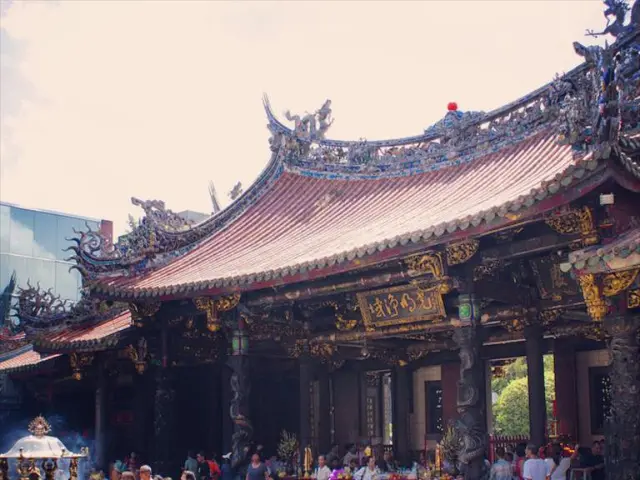A female evangelist executed by Franco's regime will be commemorated officially in a tribute honoring the victims
On the 30th of October, the Congress of Deputies in Spain will pay tribute to Carmen Hombre Ponzoa, a remarkable figure from the tumultuous period of the Civil War and Francoism. This act of homage and remembrance comes as part of the official Day of Remembrance and Tribute to all Victims of the Military Coup, the War, and the Dictatorship, which has been celebrated annually since 2023.
Carmen Hombre Ponzoa, born on 30 December 1903 in San Fernando, was a Protestant woman, teacher, and trade unionist from Jerez de la Frontera. Her life and work during critical periods of 20th-century Spanish history, particularly the Military Coup of 1936, the Spanish Civil War, and the subsequent Francoist Dictatorship, make her a significant figure in Spain's historical narrative.
During the 1936 Military Coup and Spanish Civil War, Carmen was known for her activism and likely involvement in Republican support networks, resistance, or humanitarian efforts. As a member of the General Union of Workers (UGT), she stood firm in her beliefs, even as the conflict raged around her.
Tragically, Carmen was arrested during this time, along with her husband, Juan Máximo Salazar, another teacher. Despite her pregnancy, she was executed in August 1936. Remarkably, her one-year-old son survived, saved by being rescued and secretly handed over to Carmen's sister.
The Francoist regime that followed the Nationalist victory in 1939 was not kind to those aligned with the Republic. Evangelicals, like Carmen, were one of the religious groups that suffered repression under Franco's regime (1936-1975). This repression took various forms, including arrests and executions, restrictions in the exercise of the evangelical faith, closures of evangelical schools, seizure of property, and various forms of discrimination that led many Protestants into exile.
Repression continued against Carmen's extended family, whose property was seized. However, her story is not one of despair but of resilience and remembrance. On the 31st of October, an event will be held at the Auditorio Nacional de la Música in Madrid, attended by the President of the government, Pedro Sánchez. On this day, a commemorative diploma will be presented to the relatives of some twenty victims and reprisals, with Carmen Hombre Ponzoa being one of them.
This is the first time that an official tribute to the victims of the dictatorship and the war has recognised the repression of a person for their evangelical faith. It serves as a testament to the growing recognition of the diverse experiences of those who suffered under Franco's regime and the importance of remembering their stories.
In recent years, efforts have been made to shed light on these often-overlooked aspects of Spain's history. For example, Fernando Martínez López, the Secretary of State for Democratic Memory, recently participated in a training course on memory and Protestantism. These initiatives are crucial in fostering a more comprehensive understanding of Spain's past and ensuring that the memories of figures like Carmen Hombre Ponzoa are not forgotten.
On behalf of Carmen Hombre Ponzoa, two direct relatives (grandchildren) will receive the distinction. Her story serves as a reminder of the resilience and courage of those who stood up for their beliefs during a time of great adversity. Carmen Hombre Ponzoa's life and legacy continue to inspire and educate, contributing to a more inclusive and nuanced understanding of Spain's tumultuous mid-20th century history.
Read also:
- Massive 8.8 earthquake hits off the coast of Russia's Kamchatka Peninsula, prompting Japan to issue a tsunami alert.
- Court petitions to reverse established decision on same-sex marriage legalization
- Proposed Standardization of Food Labeling Laws Among Member States by the Commission
- Experimenting with Merz's Germany has stretched into an extended period of time, resembling a numerous three-month duration.








